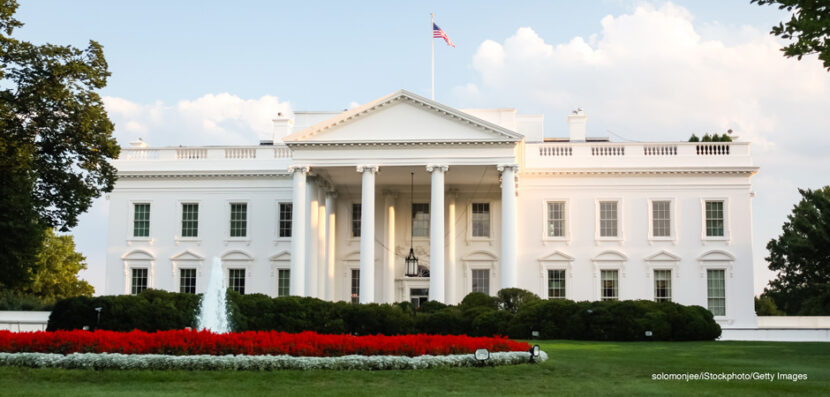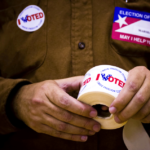New Justice Department Memo Threatens Transgendered Rights
Because of a new memo from the U.S. Justice Department, transgendered people will no longer be legally protected from workplace discrimination. Here, btw takes a look at what happened, what the decision means, and how it will affect civil rights.
The History
In 1964, the government passed the Civil Rights Act. Under Title VII of that act, workplace discrimination based on sex is illegal under federal law. The Act does not specifically mention transgendered people. However, in 1989, the Supreme Court ruled in Price Waterhouse v. Hopkins that the ban on “sex” discrimination can be expanded to apply to people who do not conform to gender stereotypes. (In that case, the plaintiff was not transgendered, but she was considered “insufficiently feminine.”)
Later, in 2014, then-attorney-general Eric H. Holder declared that “sex” also meant gender identity, meaning that transgendered people were now protected by federal law from discrimination under Title VII of the Civil Rights Act.
What Happened?
Last week, Attorney General Jeff Sessions reversed this ruling by sending a two-page memo ordering the Justice Department that under Title VII, “sex” refers only to biologically male or female, and thus does not protect transgendered people from discrimination under federal law.
Basically, what this means is that if a transgendered plaintiff brings a discrimination lawsuit against a private employer or a state or local government, the Justice Department will not side with the plaintiff. It will either not get involved in the case at all, or it will remind courts that Title VII does not cover discrimination against transgendered people.
What Is the Reaction?
Sessions’ memo puts the Justice Department at odds with the Equal Employment Opportunity Commission, a part of the federal government whose job it is to fight workplace discrimination. The EEOC and others are concerned that Sessions and the Justice Department are trying to take away peoples’ civil rights.
The Justice Department, however, defended its position by saying that the law had been expanded beyond what it was supposed to cover, and so it must now be dialed back. They also pointed out that many laws already exist that prohibit discrimination based on sexual orientation–but that Title VII of the Civil Rights Act isn’t one of them.
Many critics view this latest news as one more development in the Trump administration’s efforts to roll back rights for the LGBTQ community. After just a few weeks in office, Trump and Sessions took away Obama-era protections for transgender students. Last month, Sessions filed a Supreme Court brief in favor of a Christian baker who refused to bake a wedding cake for a gay couple. Trump has also proposed a ban on transgender people serving in the military.



